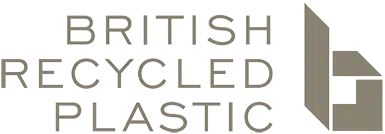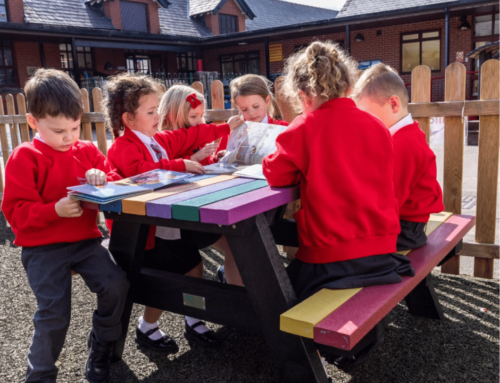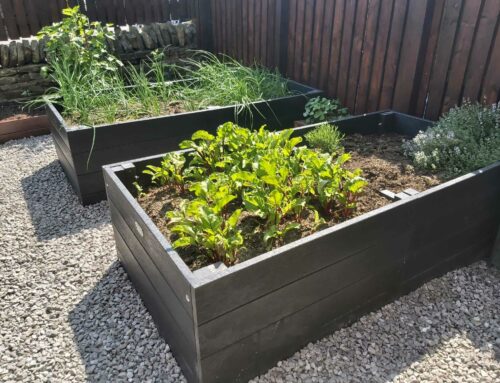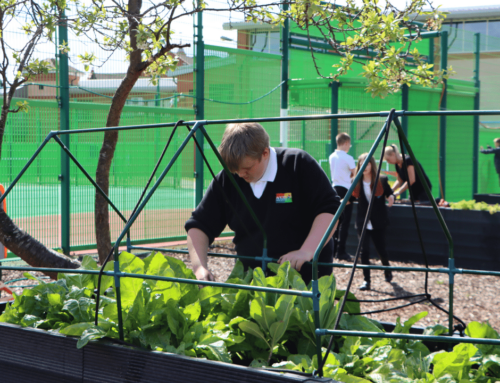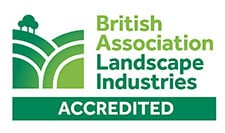Sustainability has become something of a buzzword in recent years, as climate change and environmental issues become ever more prevalent in our daily lives. We’re all aware that sustainability is a positive idea and that it’s important for the good of the planet, but what does it actually mean?
As a company that creates products from recycled plastic, sustainability is central to our ethos, so we thought it would be useful to break the term down.
In short, sustainability is the ability to exist and develop without depleting natural resources for the future. It aims to prevent excessive consumption of natural or physical resources, so that they will remain available for the long term. Essentially, it’s about protecting the planet for our children and grandchildren.
Where does the term come from?
The term first appeared in the Brundtland Report published in 1987. Four years earlier, Norwegian prime minister Gro Harlem Brundtland was appointed by the United Nations to oversee the new World Commission on Environment and Development.
The resulting Brundtland Report, also called Our Common Future, warned that economic development and globalisation were having a negative effect on the planet, and outlined potential solutions. The report defined sustainable development as “development that meets the needs of the present without compromising the ability of future generations to meet their own needs”.
You can check out a video about sustainability here.
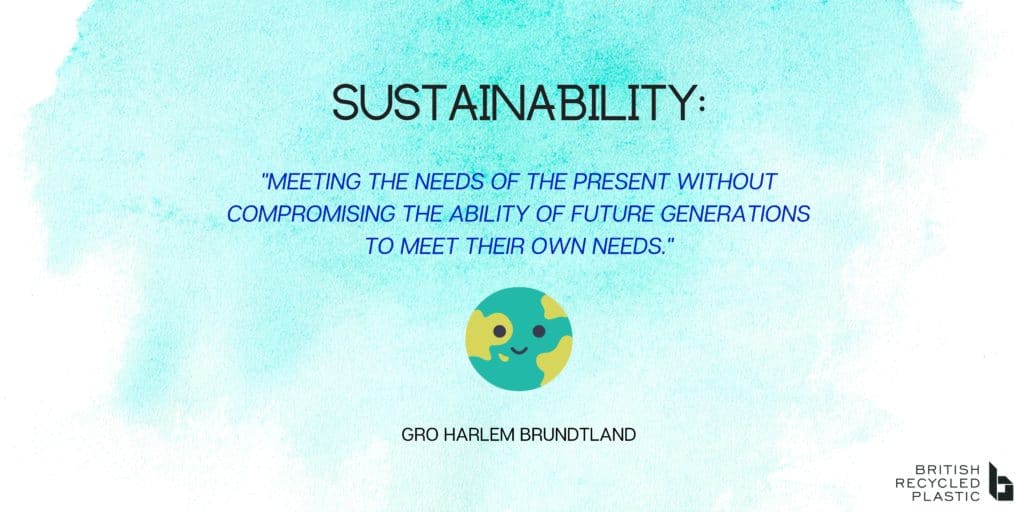
Why is it important?
There are many short-term and long-term benefits to sustainability. If we do not move toward a more sustainable society, we will run out of fossil fuels, many animal species will become extinct, and the atmosphere will be irreparably damaged. Clean air, continued growth of reliable resources, and water quality are all benefits of sustainability.
The three pillars of sustainability
The concept of sustainability is comprised of three fundamental pillars:
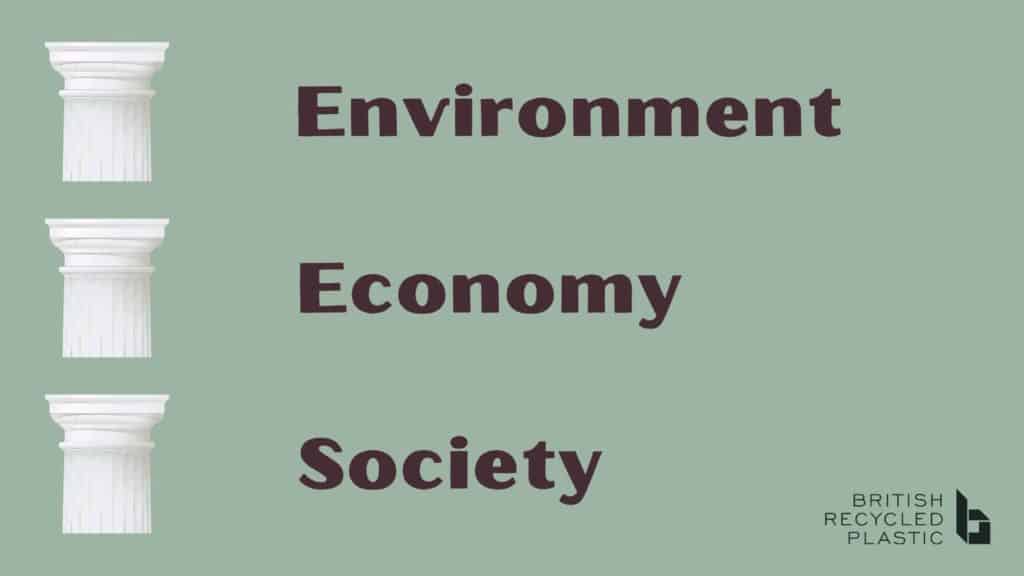
Environmental protection is concerned with reducing carbon footprints, water usage, non-recyclable packaging, and wasteful processes. The aim is to ensure that the planet’s natural resources are consumed at a rate where they are able to replenish themselves.
Economic sustainability aims to ensure that worldwide communities are able to maintain their independence and have access to the resources they require to meet their needs. While everyone’s ability to meet their basic human needs depends on someone making a profit providing them, economic sustainability seeks to spend profits for the greatest public good.
Social sustainability aims to make universal human rights and basic necessities available to all people, so they may access sufficient resources to keep their families and communities healthy and secure. It engages with many important social elements of society, including human health, environmental justice and education.
What can we do?
Keep making positive changes. We have decarbonised our economy faster than any other country in the G20 since 2000, and we’re the first major economy to lawfully declare that we will reach net zero carbon emissions by 2050.
However, the small steps we take as individuals are now more important than ever in creating a sustainable planet. The 7 Rs of waste management are something we can adopt to reduce carbon emissions on a wider scale, and teaching younger generations about recycling will help educate children about the importance of sustainability.
Choose British Recycled Plastic
By choosing British Recycled Plastic, you’re making a making a hugely positive change for the environment and actively helping to create a more sustainable planet. So why not get on board? We offer a range of products that are not only incredibly tough and durable, but actively help to dismantle the UK’s domestic waste mountain and keep plastic out of landfill.
Our recycled plastic is completely rot-proof, splinter-proof and maintenance-free and it comes with a 25-year guarantee. This means that year after year after year, it will keep its good looks and robust functionality without needing anything other than an occasional wash down. Of course, as it is chemically inert, it can be washed as often as wanted, with bleach, disinfectant or any other regular cleaning product.
We’re proud of how our role in the world of recycling is helping to reduce domestic waste and create products which are useful, long lasting and beautiful. Engineered from 100% British waste, our products are supplied to thousands of organisations and private homes across the UK: we believe they are the very best money can buy. We’re making waste wonderful.
Visit British Recycled Plastics Webshop
Get in touch with our friendly and knowledgeable team by phone or email:
01422 419 555
[email protected]
